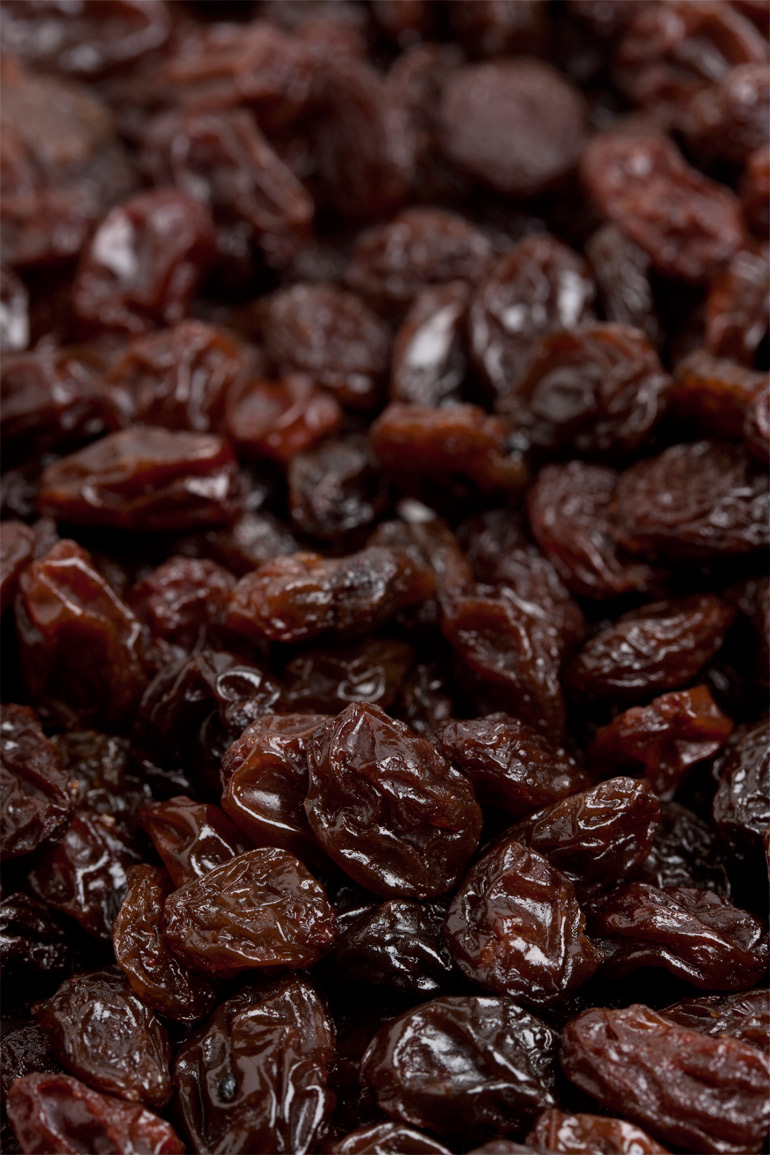
I worked New Year this year, and we had a busy one. Raisin ingestion was easily our most popular toxicity this season, outnumbering chocolate by 4 to 1.
I last called the Veterinary Poisons Information Service (VPIS) about raisins around Easter time, but I called them again when I was hospitalising the second patient to make sure we were doing the right thing. Thankfully, we were!
However, so little is known about the toxin in or on raisins (or grapes or currants or sultanas) that you have to treat every patient the same: make them vomit, activated charcoal and IV fluids for two days, with blood samples to monitor renal function.
It’s also very hard to discuss with owners because so little is known. Even when you get to the patient quickly and make them chuck it all up, you still have to recommend the same routine, which involves a minimum of two days in hospital and quite a lot of expense for the owners.
A quick verbal poll of colleagues here (with a collected experience of somewhere around 40 or 50 vet-years) revealed that nobody had seen a case where a dog had eaten a grape or raisin and then gone in to kidney failure – so it is with some unease that we go through this routine with each new patient.
Some people elect to take [their dog] home with charcoal, forego the IV fluids intended to protect the kidneys, and watch like a hawk for any problems over the next two to three days – but we try not to do this unless finances are a restriction, or the demeanour of the patient necessitates it.

The VPIS is an excellent source of specialist individualised advice and also reassuring when needed. I couldn’t do my job without it, its experience and its databases. Quite often its advice has actually saved patients from overcautious treatment (and vice-versa).
But the raisin issue is a problem – the VPIS has to advise cautious treatment because the individual idiosyncratic nature of raisin toxicity can have catastrophic effects for a patient if they are affected, no matter however common/unusual/rare it may be.
I would like to know what other colleagues advise and do with cases like this, and what others’ experience of grape and raisin toxicity is?

Leave a Reply